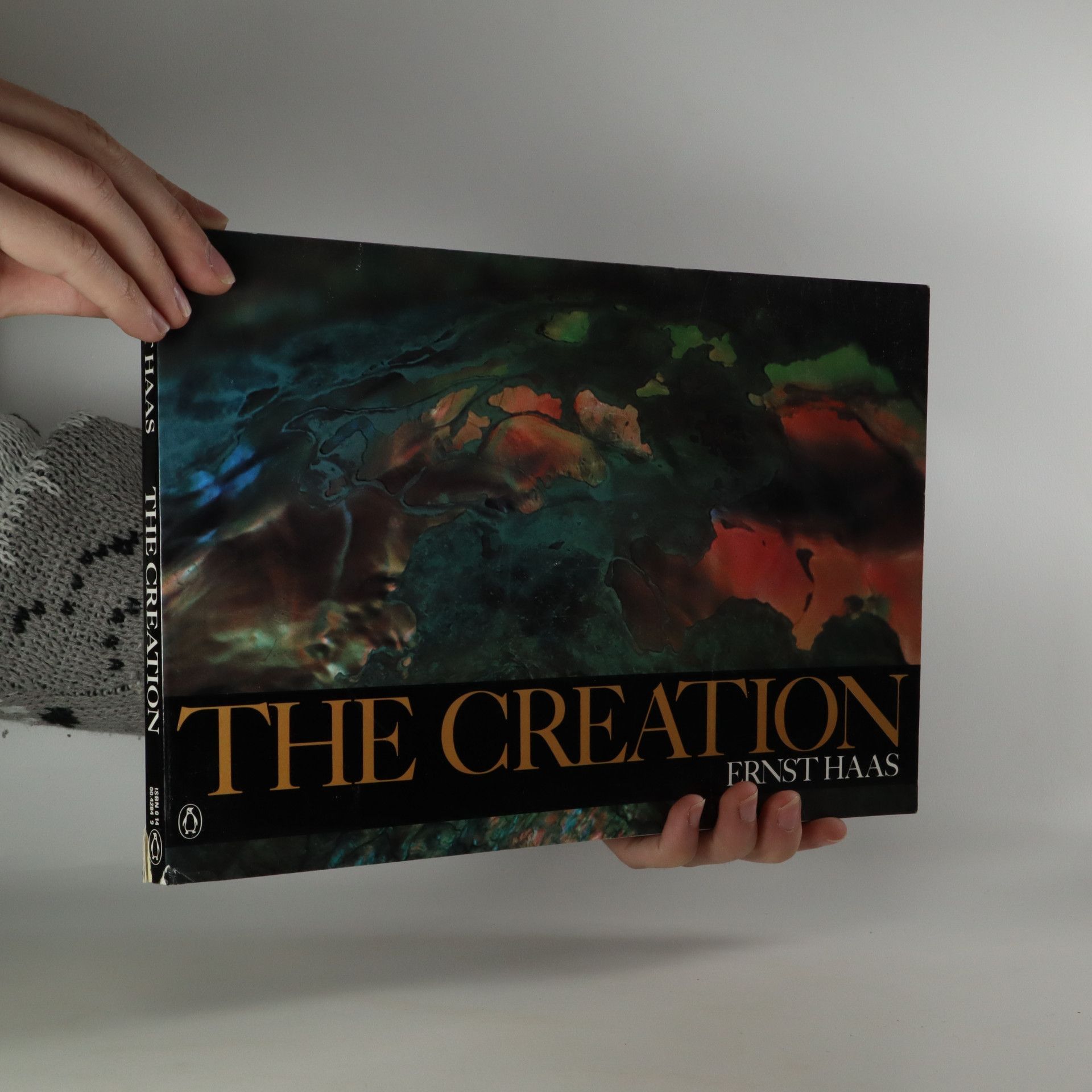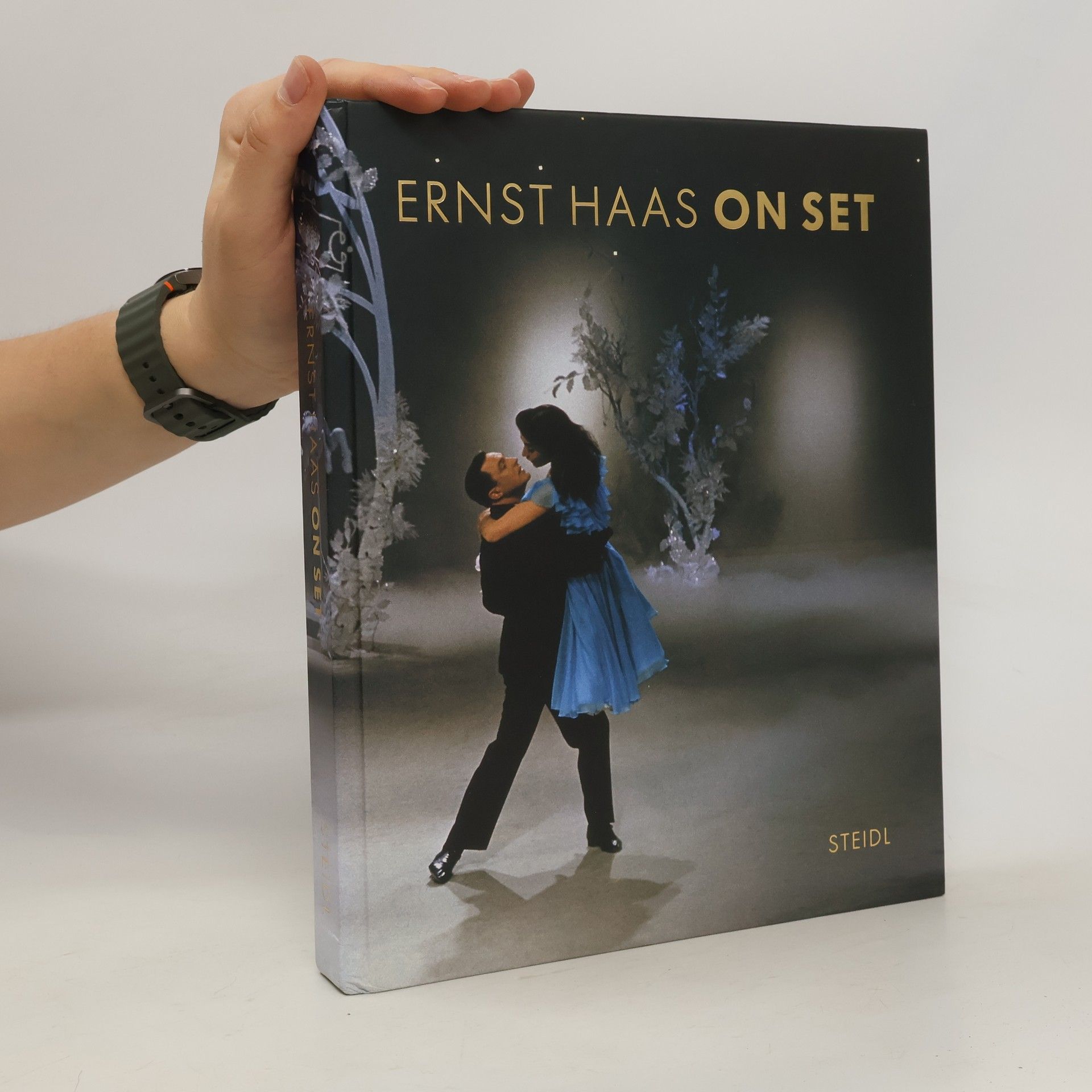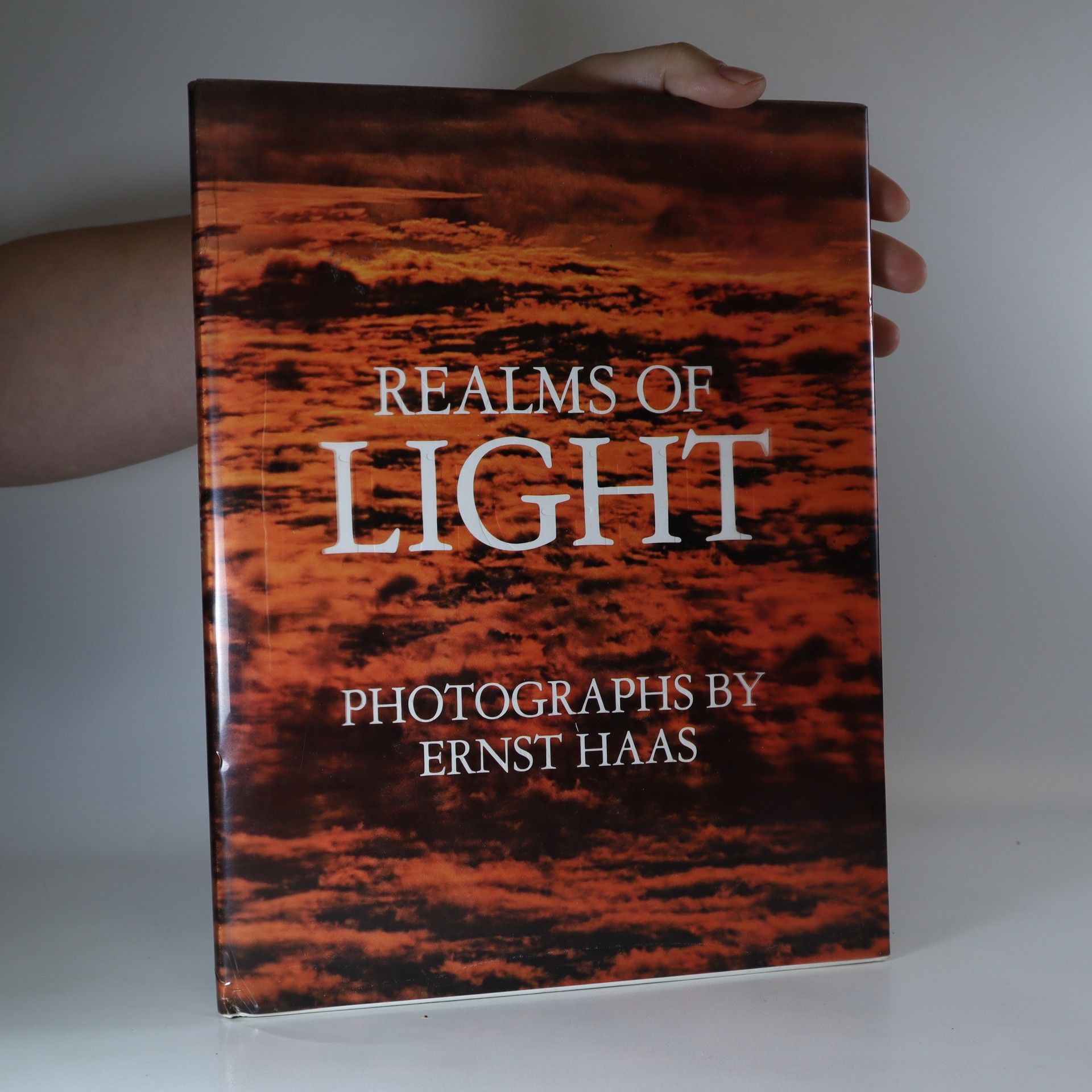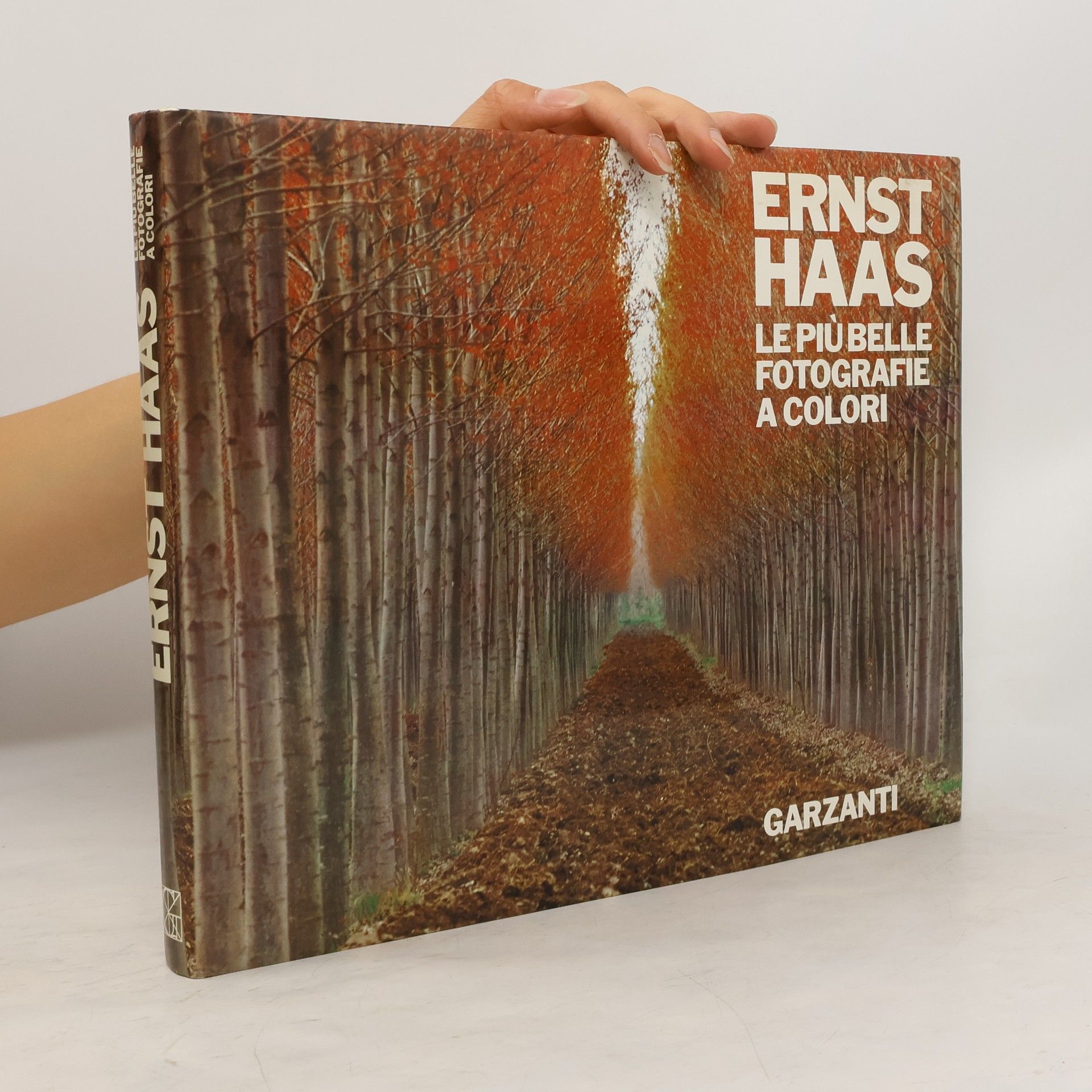Ernst Haas Libri






Ernst Haas' photographs, chosen for their evocation of color and light, opposite poetry from the ancient to the Coleridge, Thoreau, Dickinson, Plato, Milton, Sandburg, Dante, etc. 108 pages; 40 full-page color photographic plates, 4 plates printed on transparent acetate; 9.5 x 12 inches.
Focusing on the International Labor Organization, this influential work presents a comprehensive analysis of neo-functionalism, a theory of transnational integration. It systematically explores the dynamics of global institutions and has become a classic reference in comparative politics and international relations, particularly in the context of European integration. Originally published in 1964, the book has gained renewed relevance post-Cold War, addressing contemporary issues in global governance and international relations, complemented by a new introduction from notable scholars.
Focusing on the European Coal and Steel Community as a pivotal case study, this classic work explores the dynamics of community formation beyond national borders. Ernst Haas examines how the ECSC influenced political loyalties and expectations, positioning it as a foundational example for understanding the pre-history of the European Union. Originally published in 1958, this seminal volume is essential for those interested in the evolution of European integration and the mechanisms that foster collaboration among nations.
On Set
- 288pagine
- 11 ore di lettura
This book considers the film stills of Ernst Haas (1921-86), one of the most accomplished photographers of the 20th century, transgressing the borders between still photography and the moving image. Haas worked with a variety of eminent directors--from Vittorio de Sica to John Huston, Gene Kelly and Michael Cimino--and depicted cinema genres from suspense (The Third Man, The Train) to the Western (The Oregon Trail, Little Big Man), and from comedy (Miracle in Milan, Love and Death) to musicals (West Side Story, Hello Dolly). Haas inscribed a temporal, filmic dimension into his stills which, when viewed in a sequence, generate movement and narrative. So accomplished was his mastery of color, light and motion that Haas was frequently asked to photograph large group actions--from the battle scenes of The Charge of the Light Brigade and the dances of West Side Story to the ski slopes of Downhill Racer. On Set elucidates a novel perspective on the sets and the stars Haas photographed, and reveals a little-known but crucial dimension of his oeuvre.
Color photographs depict the beauty of the elements, the seasons, plants, and animals
Catalogue Of Sanskrit And Pali Books In The British Museum
- 198pagine
- 7 ore di lettura
The book is a facsimile reprint, which means it reproduces the original work as closely as possible. Readers should be aware that it may contain imperfections, including marks, notations, marginalia, and flawed pages, reflecting its historical context and authenticity.
Ernst Haas is one of the most renowned photographers of the twentieth century, celebrated for his vibrant color photography that captivated the illustrated press for decades. His work, featured in influential magazines across Europe and America, led to a plethora of popular books. Despite this acclaim, recent critics have labeled his color photography as "overly commercial" and lacking seriousness, which has impacted his reputation compared to younger contemporaries like Eggleston, Shore, and Meyerowitz. However, a hidden facet of Haas's artistry reveals a more radical sensibility. Alongside his commissioned work, he created personal images that are edgy, complex, and ambiguous—far removed from the accessible style that garnered him fame. These unprinted and unexhibited works, believed to be misunderstood, showcase a depth rivaling that of his peers. Born in Vienna in 1921, Haas began photography post-war, gaining attention for his work on returning POWs. He declined a staff position at Life Magazine to maintain his independence and joined Magnum in 1949, forming connections with notable photographers. His experimentation with color positioned him as a leading figure in the 1950s, culminating in a solo exhibition at MoMA in 1962. Haas published numerous books, including the highly successful "The Creation." He received the Hasselblad award in 1986, the year he passed away.
Eine Welt in Trümmern
- 143pagine
- 6 ore di lettura